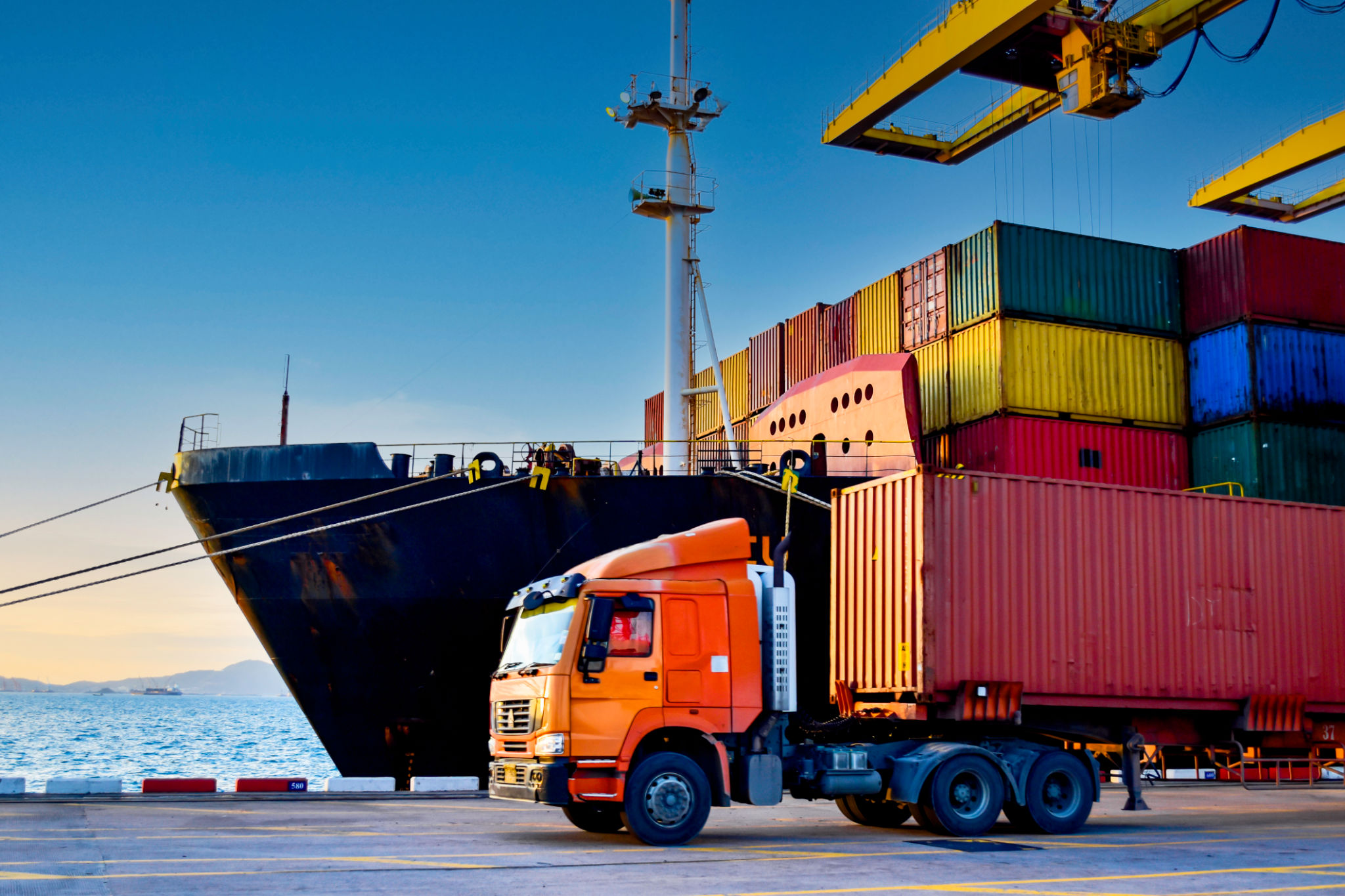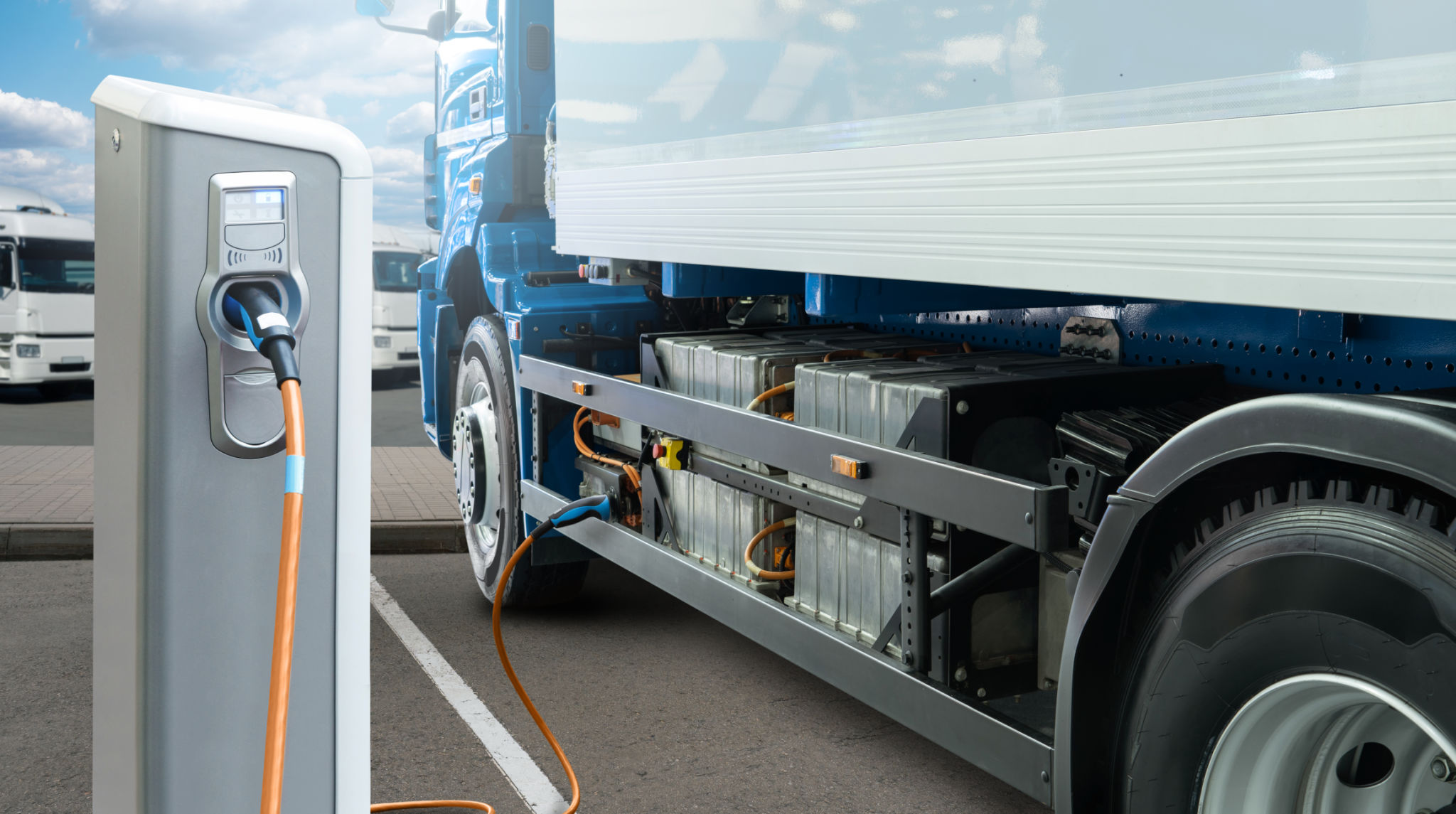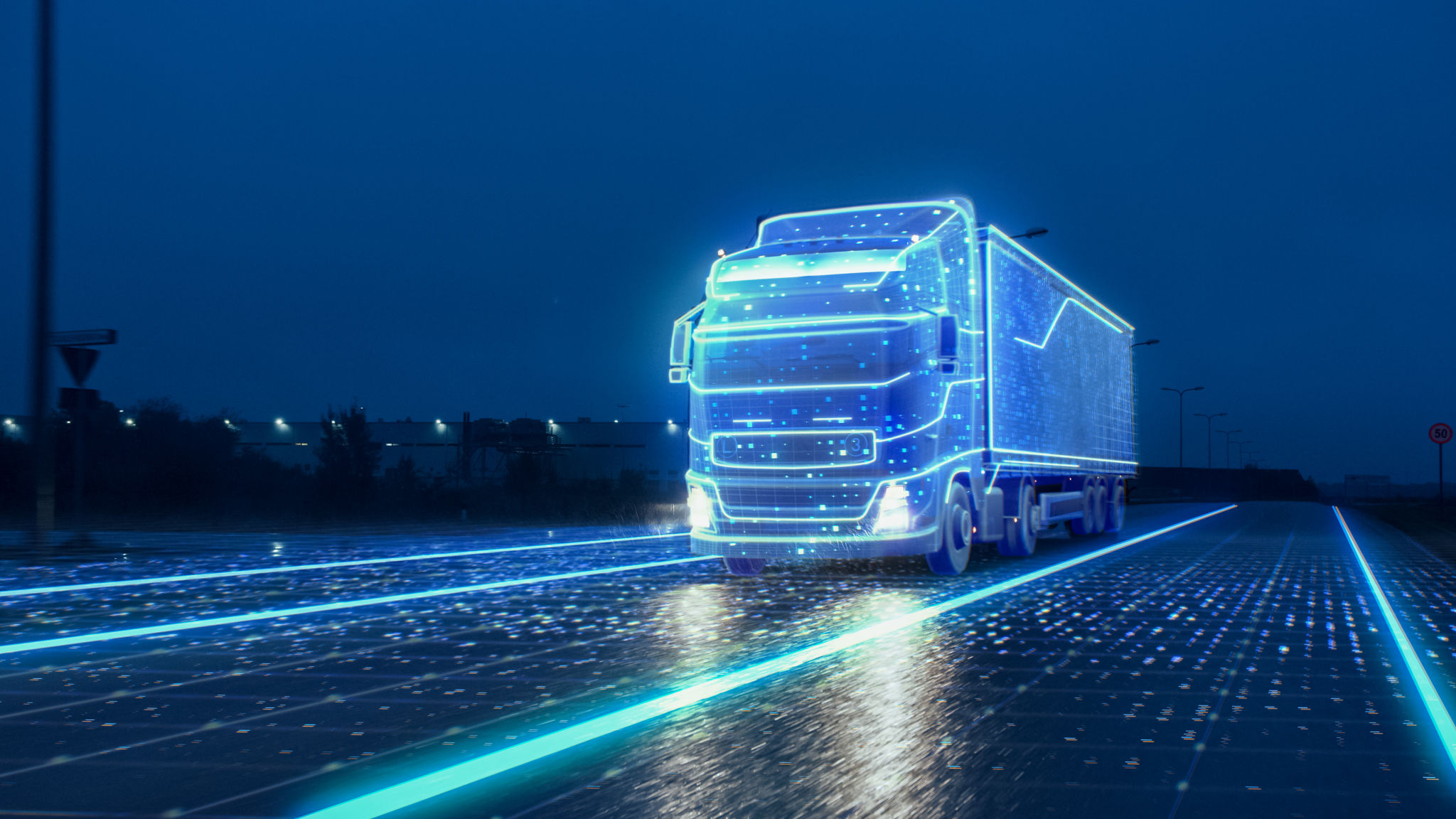Top 5 Trends in the Trucking Industry You Need to Know
Introduction to Trucking Industry Trends
The trucking industry is pivotal in the global supply chain, evolving rapidly with technological advancements and changing regulations. Keeping abreast of the latest trends is essential for businesses to remain competitive and efficient. Here, we explore the top five trends currently shaping the future of trucking.

1. Electrification of Fleets
Why Electrification Matters
With growing environmental concerns and stricter emissions regulations, the shift towards electric trucks is gaining momentum. Many companies are investing in electric vehicles (EVs) to reduce their carbon footprint and fuel costs. This transition not only benefits the environment but also offers long-term economic advantages.
Challenges in Implementation
However, the adoption of electric trucks comes with its challenges. Infrastructure for charging stations needs significant development, and the initial investment can be high. Despite these hurdles, the trend towards electrification is undeniable as technology continues to advance.

2. Autonomous Trucking
The Rise of Self-Driving Trucks
Autonomous trucking technology is revolutionizing the industry by enhancing safety, reducing operational costs, and addressing driver shortages. Companies are actively developing and testing self-driving trucks, which promise to transform long-haul transportation.
Regulatory and Safety Concerns
While the potential benefits are substantial, regulatory and safety concerns remain significant barriers. Ensuring that autonomous trucks can safely navigate complex driving scenarios is crucial for widespread adoption.

3. Enhanced Connectivity and Telematics
The Power of Data
Telematics and IoT technology are transforming how fleets are managed. By leveraging data analytics, companies can optimize routes, monitor vehicle health, and improve fuel efficiency. Enhanced connectivity allows for real-time tracking, which boosts operational efficiency.
Integration Challenges
Despite its advantages, integrating telematics into existing systems can be complex and costly. However, the insights gained from data analytics are invaluable for driving efficiency and reducing operational costs.

4. Focus on Driver Health and Safety
Improving Driver Conditions
As driver retention becomes a critical issue, improving driver health and safety is a primary focus. Companies are investing in better cab ergonomics, health monitoring systems, and safety features to ensure driver well-being.
Technological Aids
Advanced safety technologies such as collision avoidance systems and lane departure warnings are becoming standard. These innovations not only protect drivers but also reduce accident-related costs.
5. Sustainability Initiatives
Greener Operations
Sustainability is at the forefront of industry changes, with many companies setting ambitious goals to reduce their environmental impact. This includes adopting alternative fuels, optimizing logistics to reduce empty miles, and implementing sustainable practices across operations.
Long-Term Impact
The push for sustainability is expected to continue as consumers and regulators demand greener practices. Companies that lead in this area are likely to gain a competitive edge.

Conclusion: Embracing the Future
The trucking industry is on the cusp of significant transformation driven by technology and sustainability demands. By staying informed about these trends, businesses can adapt and thrive in an evolving landscape. Embracing these changes not only ensures compliance but also positions companies for long-term success.